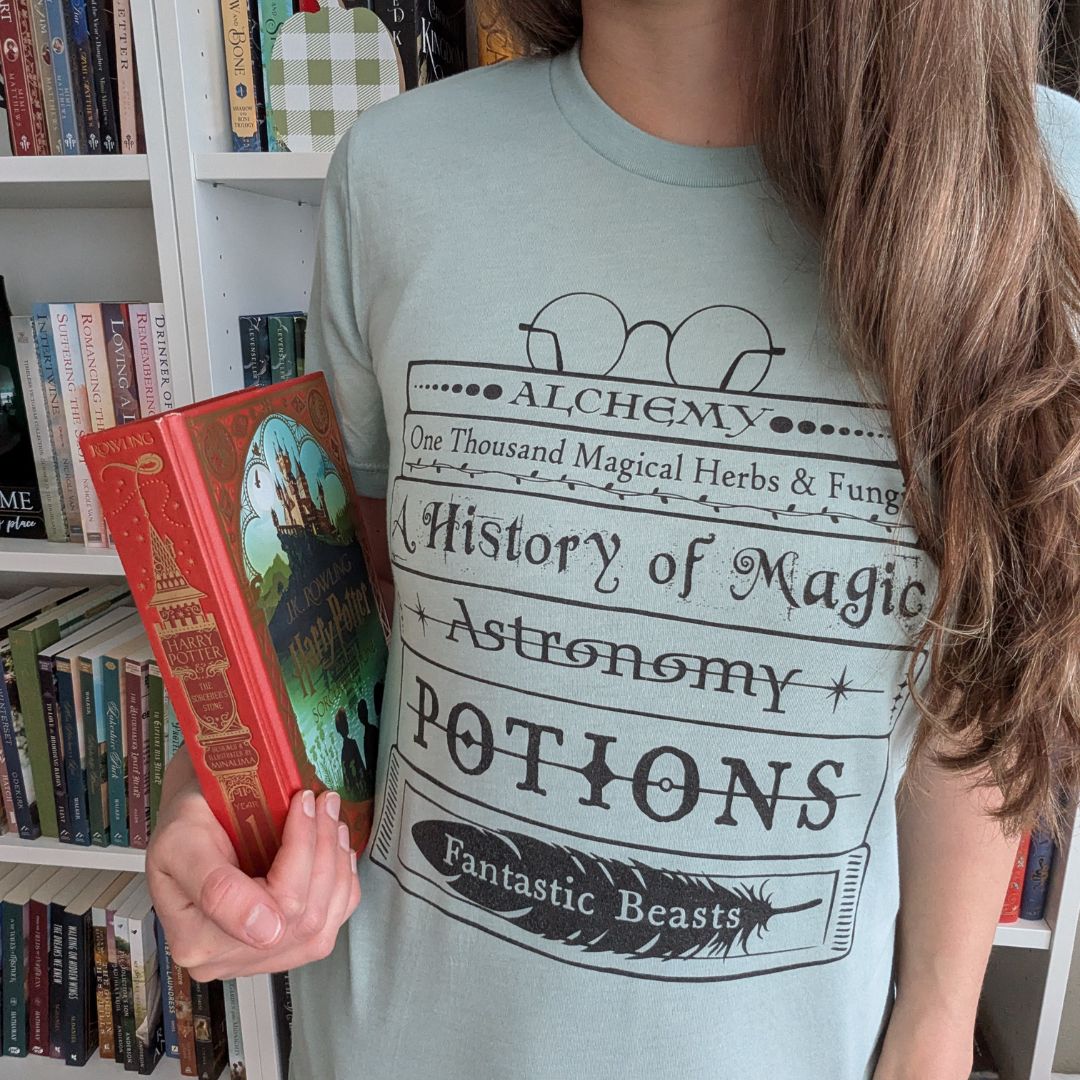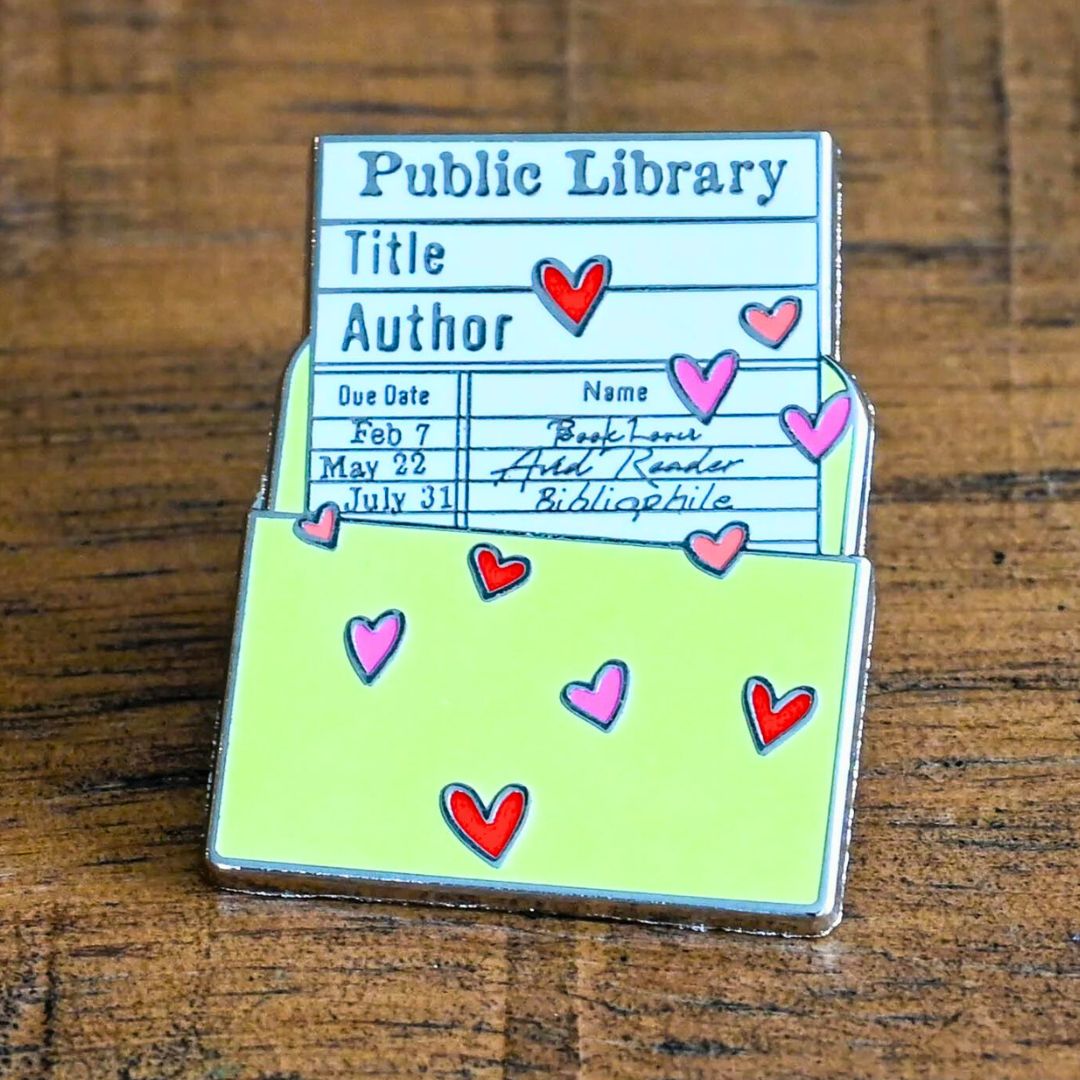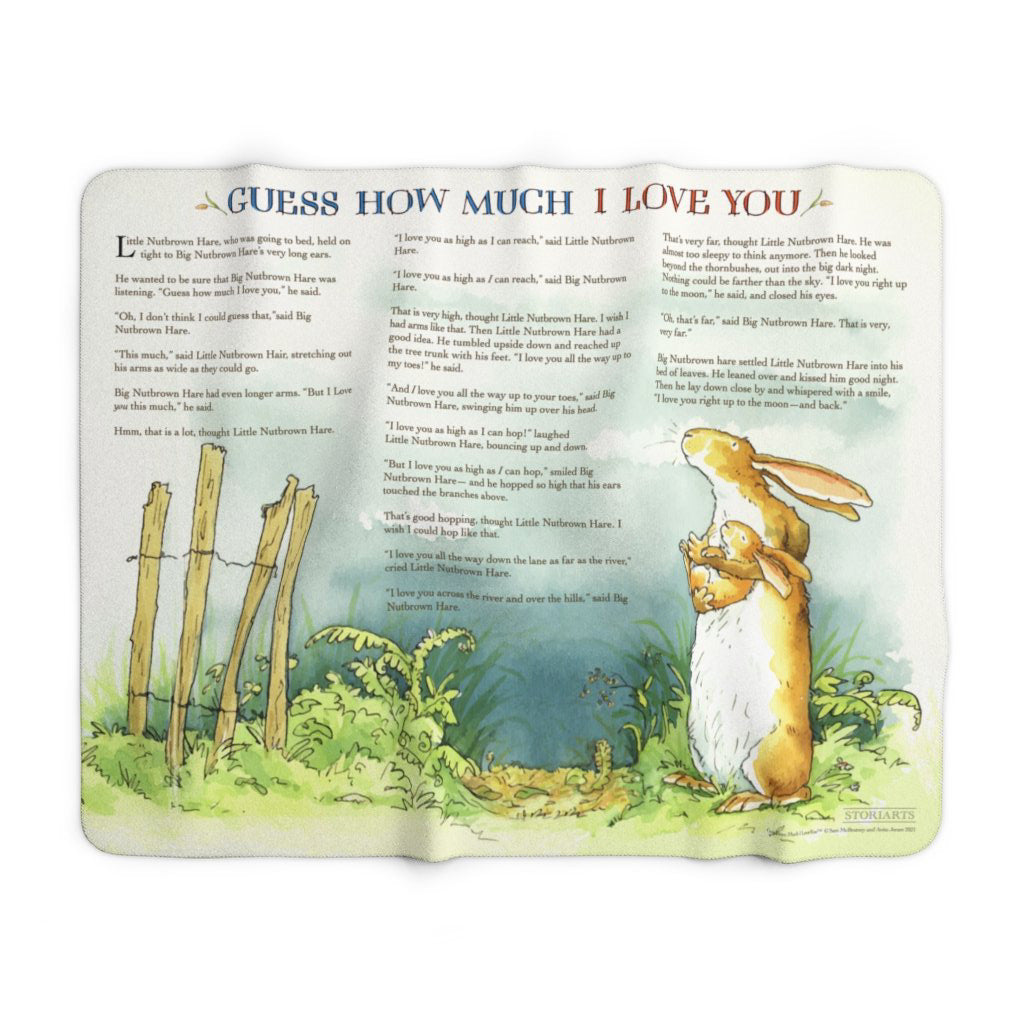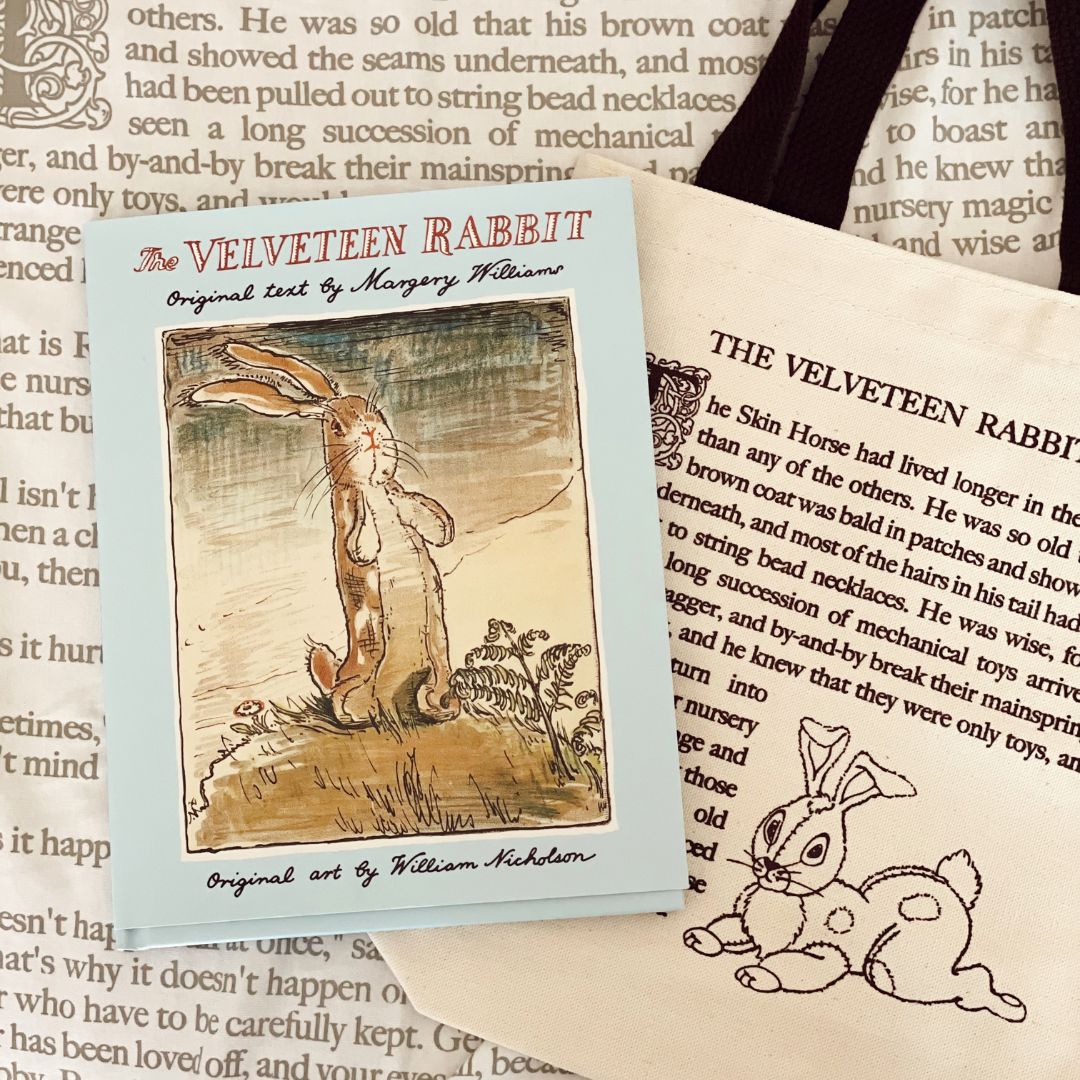OVER 350,000 HAPPY CUSTOMERS
OVER 350,000 HAPPY CUSTOMERS
Browse
Apparel
Accessories
Home+Library
Baby+Kids
210 Years with Pride & Prejudice
3 min read

Pride and Prejudice came to life in print 210 years ago today. Jane Austen’s substantial novel that follows the story of a family of five daughters—doomed to a life of poverty and insignificance if they do not marry well—continues to be read, studied, and loved more than two centuries later.
Recently, WordsRated posted the results of a survey they conducted which shows that Pride and Prejudice is the most popular book in America, winning favorite book in 21 out of 50 states. Sift through the latest-bestseller-by-your-bed responses in polls like these, you’re left with certain lasting chart-toppers, books that just keep coming up and refuse to be left to obscurity. Despite wizards and vampires, true-crime and dystopia, Pride and Prejudice remains.
So what is it about this novel that is so enduring?
It’s not just Colin Firth
The breadth of this great work’s impact on literature is worth more than a few words, for sure. Yet, in essence, Austen used well-crafted characters to uncover one of our greatest longings: to be understood.
In Pride and Prejudice, Austen created a microcosm of society replete with vibrant characters. They are all interesting in their way, somehow without stepping all over each other for our attention. They are humorous, often comical, yet not unrealistic. Some of the most detestable ones are the greatest. Mr. Collins may make your skin crawl, but isn’t he just delightfully awful?
Even in a time when class defined one’s full worth in society, her characters are always individuals. Austen's insights into human motivations and the quirks and peculiarities stemming from human fears are spot on. If only we could hear her perspective on all our present-day pretense!
Social commentary at its best
It's no secret that we love Austen for her subtle (and not so subtle) efforts toward establishing women’s value and independence. She was wise to her time and strived on behalf of future women to normalize an alternate path than that truth universally acknowledged.
But for every one who celebrates Austen's boldness in breaking the feminine mold, there’s another (or maybe many more) who simply wish they could dive into the past of her novels and hope for the chance of catching Mr. Darcy’s eye and fortune. We are thrilled with the beauty, courtesy, and romance of the Regency era, as long as it comes with a dash of defiance to satisfy our modern sensibilities. Couldn’t we all go back to a simpler time with rules to follow, provided we can protest just a little? Then we wouldn’t have the constant weariness of redefining ourselves, making our own way, and still hoping for love.
Austen, with her quick wit and subversive commentary, strikes us right at the tension point. We wish to be thought of as individuals too, but that’s easier done if there is a backdrop of society to see us against. Modern day may just be too mutable for some of us to find our place.
Jane Austen understands
In fact, it seems that, of her many virtues as a writer, Austen’s most profound is the depth to which she digs to reveal the true character of each of her subjects. Even though the title was not Austen’s original one (she began writing the novel in 1797, calling it “First Impressions”), it immediately points us to the significance that these two characteristics play in creating misjudgments, and occasionally in wreaking some social havoc, before being exposed and called to atonement.
Elizabeth is validated, Mr. Darcy is proved to be good to the core (though taken down from his haughty high horse just the same), while Lydia’s foolishness is laid bare and Wickham’s façade is stripped away. Justice is served. And the truth is we’re not beyond wanting that.
Our current societal innerworkings haven’t progressed so much as to exclude either pride or prejudice. Deep down, we wish that all misunderstandings would be put asunder. Austen’s enduring work gives us hope that it’s possible.
Enjoy our entire Pride and Prejudice Collection
Leave a comment
Comments will be approved before showing up.
Subscribe
Sign up to get the latest on sales, new releases and more …
Join program to get rewards
Redeem your points for discounts
Use this discount code on your next order!
Reward expires on
Get $10 off!
Create an account to claim discount.
Free shipping, 10% off all orders, free bookmark, and more!


















